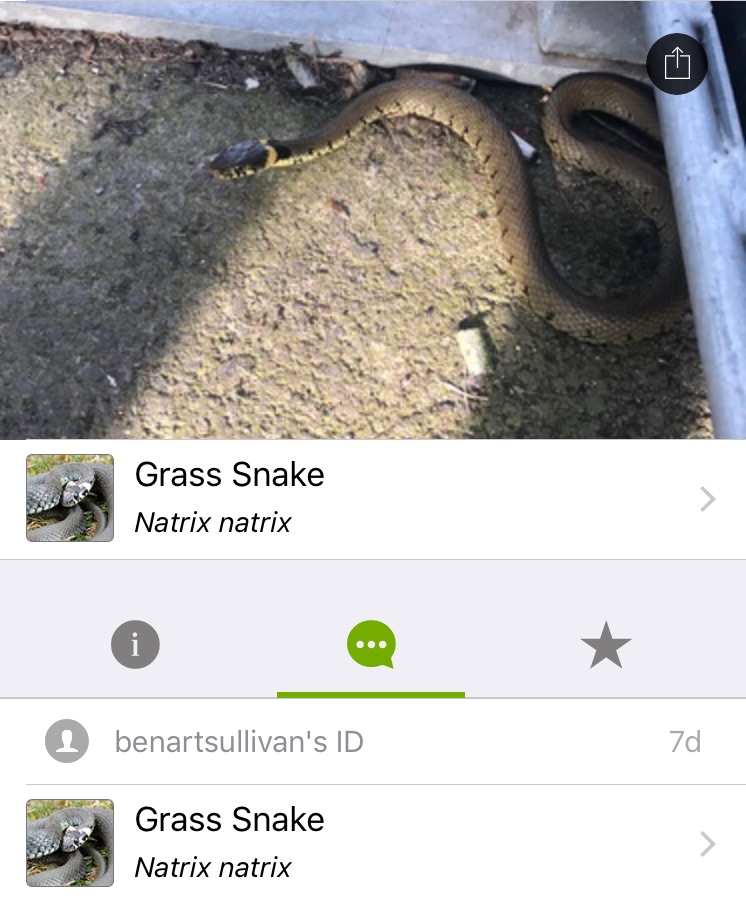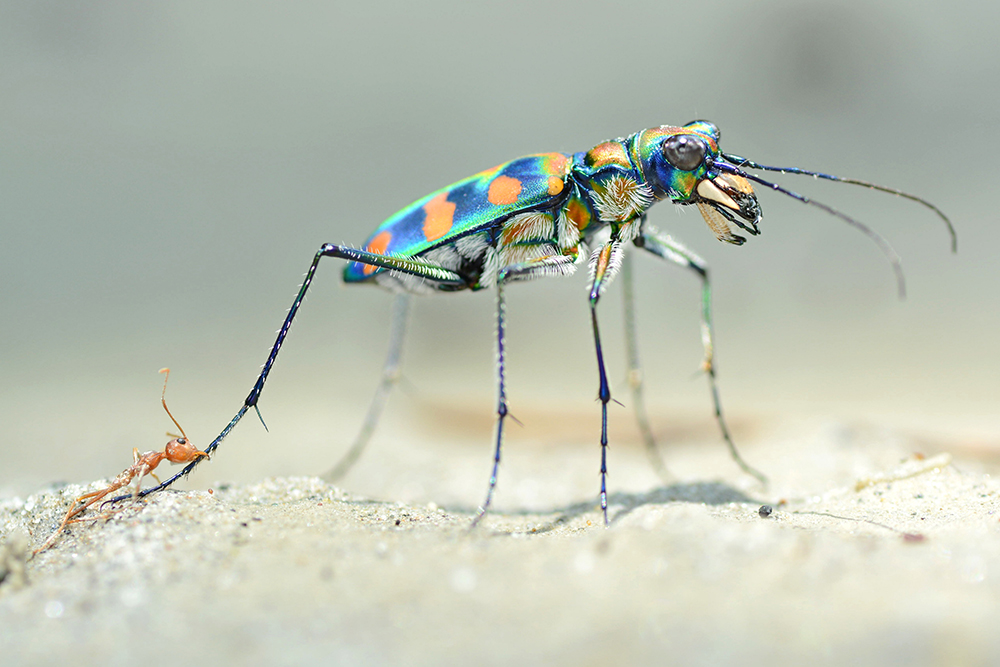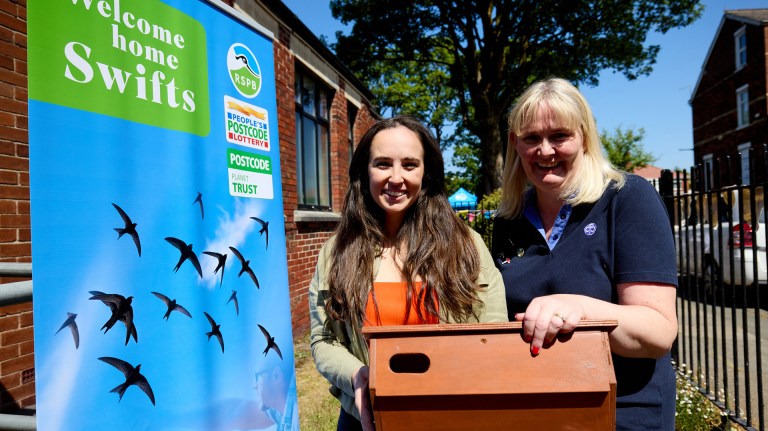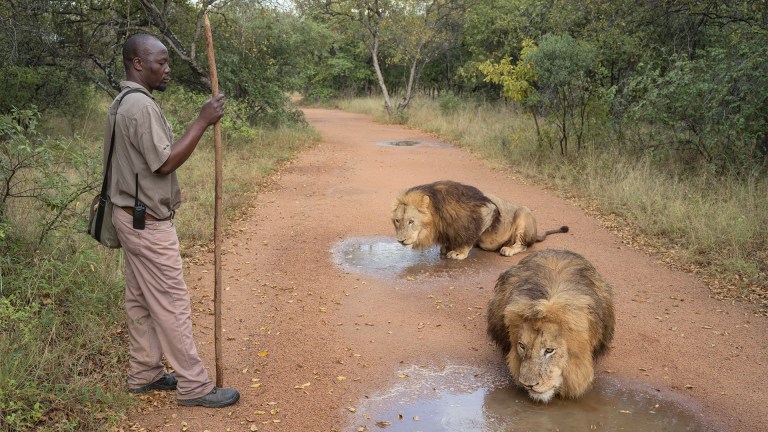Education is conservation’s most powerful tool. We need only to look at the impact of the BBC’s Planet Earth and Blue Planet to see how tapping in to the collective consciousness can result in real environmental policy change at a political level. Technological innovation, and society’s access to scientific information, play a huge part of this education. So this National Insect Week, I’d like to introduce you to an app that combines both in a very modern effort to bolster citizen science. It’s called iNaturalist.
iNaturalist was founded in 2008 by students at the University of California, and over the last decade, it’s developed into an Instagram-like app for the conservationally curious.
The social network allows users (currently around 60k active users per day) to upload photos of plants and animals from their mobile devices that are then identified through a combination of artificial intelligence (using the catalogue of more than 10 million images) and crowdsourcing the expertise of other users. It’s a social networking dream for biologists, but it’s just as powerful in the hands of citizen scientists, students, and just about anyone who’s keen on observing wildlife.
It’s a far cry from lugging a textbook about tree species with you on hikes
Species of plants and animals can be identified in seconds, and ‘projects’ can be set up by users so organisations and groups can monitor, discuss, and comment on one another’s findings. For example, iNaturalist is right now being used to power the Global Amphibian and Global Reptile ‘BioBlitzes’—worldwide projects helping researchers better learn how to conserve population numbers.
It’s a far cry from lugging a textbook about tree species with you on hikes, and for many users, it’s that ease-of-use in your pocket combined with the familiarity of social networking apps that makes iNaturalist so successful. I’ve been using the app for a couple of weeks now, and have already identified numerous animal and plant species, awaiting comments from other users to more accurately determine the species I’m not so sure on.

Fernando Mateos-González, a Spanish biologist who runs the Bioblogia.net biology blog, is a huge fan. For Fernando, the allure of iNaturalist lies in the app’s simple power to educate. “Names are powerful things. You can find a cool bug whilst traveling abroad and just say ‘Hey! That’s cool’ and continue with your day,” he told me. “Or you can take a pic of the bug, upload it to iNaturalist and discover, for example, that the cool bug is a female firefly from the genus Photuris. And, if you place it carefully in your hands, making it dark there, it might start flashing that magical light from fairy tales.”










